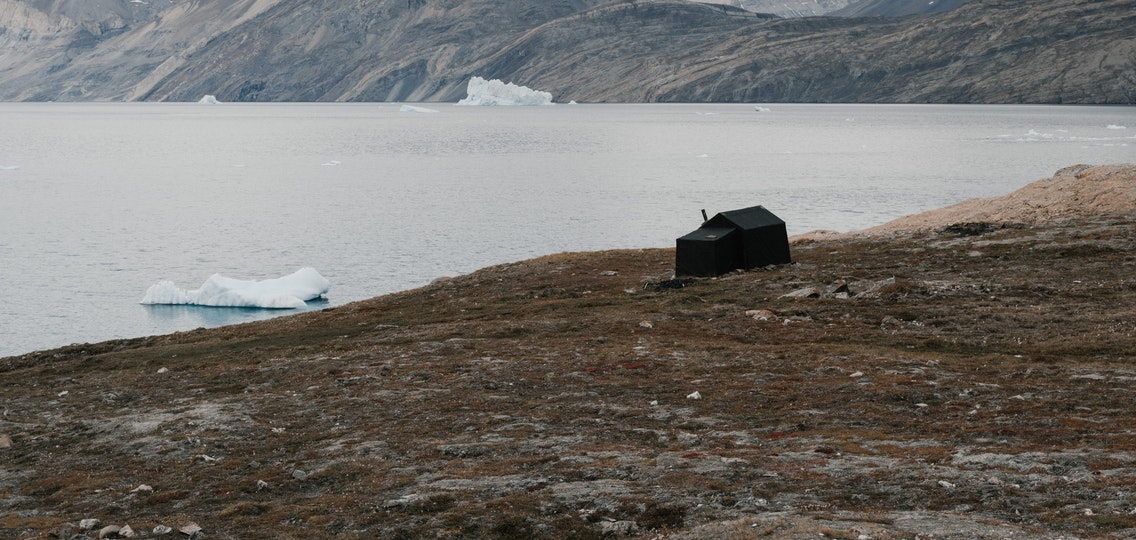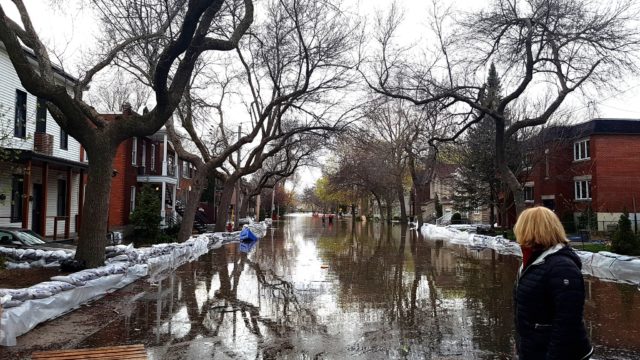This article was originally published by iPolitics.
Legislation is stalled in Ottawa, and political parties have resorted to blaming each other for the delay as they posture ahead of a possible federal election. By holding up the lawmaking that is the core business of Parliament, this political bickering has real consequences for Canadians.
That includes taking action against climate change. The federal government tabled the Canadian Net-Zero Emissions Accountability Act (Bill C-12) last November — legislation that promises to hold politicians accountable for reaching climate targets and emitting net-zero greenhouse gases (GHGs) by 2050.
In the last federal election, more than two-thirds of Canadians voted for parties that promised swift action against climate change. Recent polling suggests that, despite the COVID-19 pandemic, climate change remains an important issue to Canadians. After decades of broken promises and missed targets, Canadians have been looking to political leaders to take their responsibility for climate action seriously. When the Liberal government kept its election promise by tabling Bill C-12 in November of last year, it gave us hope that MPs in this minority Parliament would work together to tackle the climate emergency.
The Canadian Net-Zero Emissions Accountability Act is an important piece of legislation, because, for the first time ever, it holds political leaders accountable for reducing Canada’s emissions. Despite signing on to every international climate agreement — from the 1997 Kyoto Protocol to the 2015 Paris Agreement — Canada has missed every emissions target it has ever set. Bill C-12 has the ability to change that, but only if the legislation undergoes some important amendments in committee, makes its way through Parliament, and becomes law.
Bill C-12 was tabled on Nov. 19 — 118 days ago. Since then, it’s been stuck at second reading, waiting for MPs to wrap up debate and vote to send it to the standing committee on environment and sustainable development, where members will hear from expert witnesses, engage in debate, and vote on amendments.
Since Bill C-12 was tabled, Canada has emitted more than 200 million tonnes of GHGs. As a country already lagging behind other states in taking climate action, Canada urgently needs a legislative framework to get a handle on its emissions.
We need a strong climate law, and we need one soon. The federal government is participating in the Biden administration’s Leaders’ Climate Summit in April to mark five years since the Paris Agreement, while government ministers are attending the United Nations Climate Change Conference in Glasgow later this year. Passing a strong climate-accountability law will allow Canada to demonstrate true climate leadership at these important international gatherings.
But politicians in Ottawa don’t need to be convinced of the need for a climate-accountability law. Indeed, in debating the legislation at second reading, all parties have agreed that Bill C-12 should be passed to committee stage.
Further, every federal party has used debate at second reading to express how it thinks Bill C-12 can be amended and improved. It’s no secret to MPs that none of their ideas to improve C-12 will go anywhere unless, and until, it passes second reading and is in the hands of the committee. So, with all this on the table, what’s the holdup?
It’s understandable that the pandemic has complicated things for parliamentarians, as it has for all Canadians. But it’s critical that politicians break the current logjam and send Bill C-12 to committee. Nothing in the procedures of the House of Commons is stopping parties from winding down the bill’s second reading and moving it to the crucial committee stage. Yet at a critical opportunity to progress in the fight against climate change, MPs appear unwilling to collaborate, leaving the fate of future generations hanging in the balance.
The fact that MPs have allowed Bill C-12 to stall at the same stage for months is creating a crisis of confidence about whether elected officials — from all parties — are truly committed to passing what can, and should, be a game-changing climate law.
Canadians have elected a minority Parliament and expect all parties to work together to get the job done. So do we.
It must be a priority for all political parties to get past the legislative gridlock. The committee on environment and sustainable development has important work to do to review Bill C-12 and make sure it’s up to the task of reaching Canada’s climate goals. But it can’t do this work while the legislation is stuck in limbo. All parties must come together — now — and make Bill C-12, and climate action, a top legislative priority.
Catherine Abrue is executive director of Climate Action Network – Réseau action climat (CAN-Rac) Canada. Tony Maas is director of legislative affairs at Ecojustice. Marc-André Viau is director of government relations for Équiterre, and Anna Johnston is a staff lawyer at West Coast Environmental Law.




